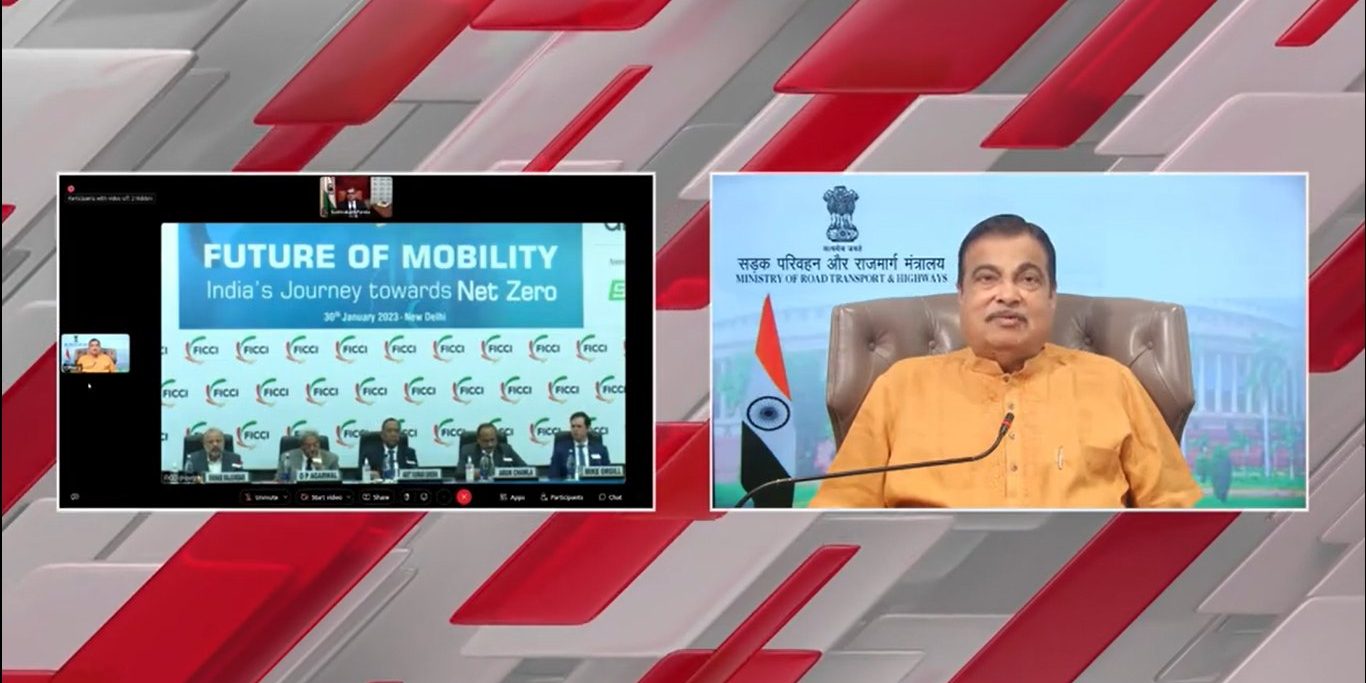During the FICCI (Federation of Indian Chambers of Commerce and Industry) conference: “Future of Mobility: India’s Journey towards Net Zero,” the Union Minister of Road Transport & Highways Nitin Gadkari underlined the steps taken by the government to facilitate the use of alternative fuel technologies such as bio-CNG, bio-LNG, electrics, hybrids, and hydrogen fuel cells, while constantly revising emission standards to reduce pollution.
“Our government is progressing on the policy of adopting import substitutes, cost-effective, pollution-free and indigenous fuels for the transport sector,” he commented.
Gadkari also alluded to an IISC (Indian Institute of Science) project that successfully demonstrated hydrogen production using biomass. This technology has the potential to completely transform the rural economy in India, according to the minister. “In this model, the farmers can produce green hydrogen and supply that as a fuel to heavy-duty buses and trucks,” he added.
The Minister emphasized using bio-CNG as a transport fuel. He explained that natural gas is a cheaper and less polluting substitute over diesel, noting the availability of surplus rice ‘parali’ for conversion into bio-CNG. “Five tons of rice straw gives one ton of bio-CNG”, he said.
Subhrakant Panda, President, FICCI and Managing Director, Indian Metals & Ferro Alloys, noted that India’s transition to clean and green technologies and fuels is essential. He emphasized incorporating a wide-ranging suite of solutions for decarbonizing the transportation sector. These include gradually shifting to electric mobility, biofuels, hydrogen fuel cells, and natural gas to meet the net zero targets.
Furthermore, FICCI President stated that the “future of mobility is collaborative”, and “all stakeholders, including the central and the state governments, industry, and consumers, need to come together to adopt a mixture of several green solutions combining for a greener, cleaner future.”







